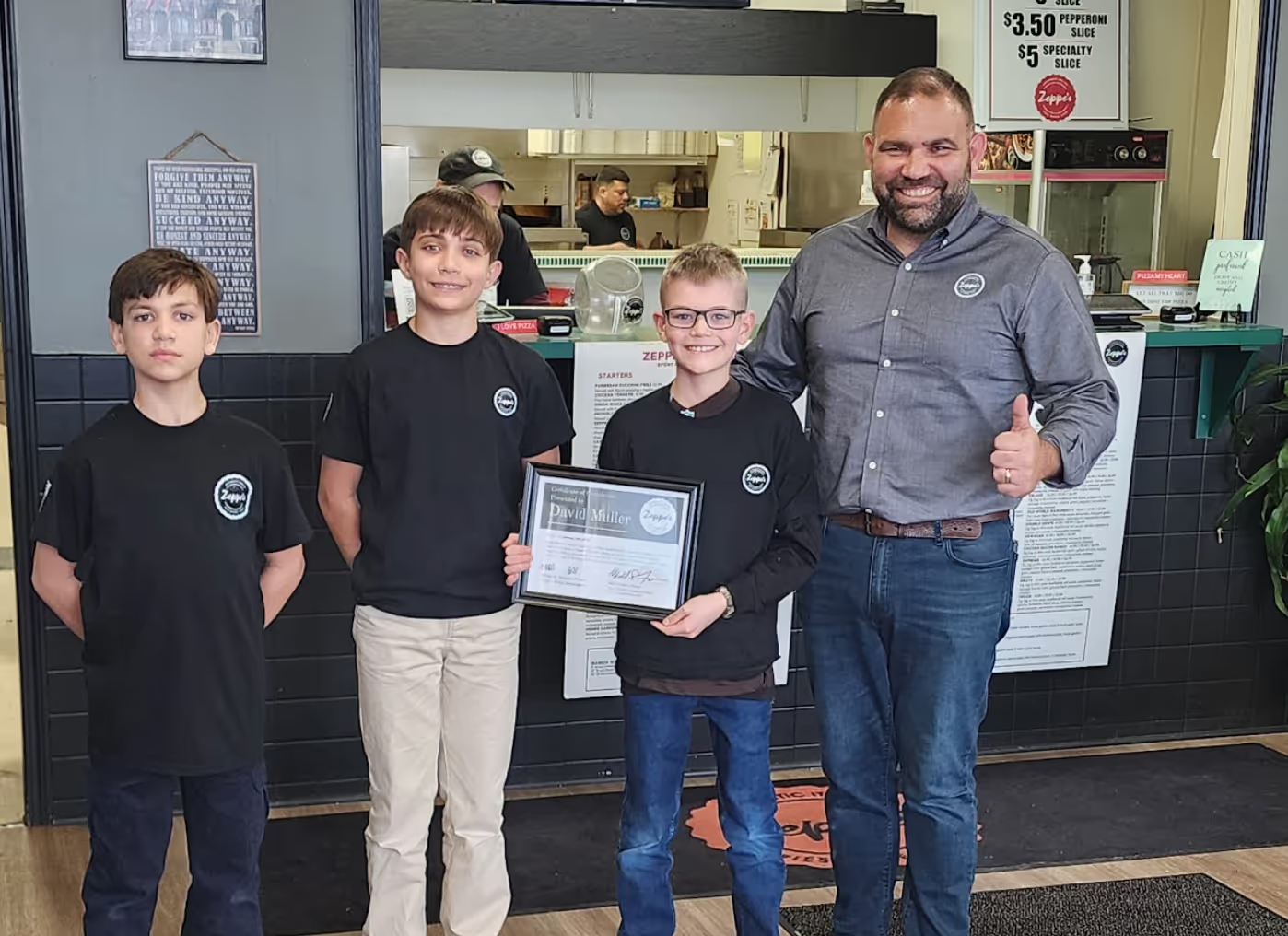Local Delivery API: Ideas and Inspiration for Taking Your Goods the Last Mile
.png)
Small enterprises can face challenges when it comes to delivering goods to customers promptly and at scale. A smart use of APIs (Application Programming Interfaces) can help them overcome these challenges by optimizing delivery processes, integrating diverse applications, and ensuring seamless communication between various systems.
This article explores how this API-driven approach can revolutionize local delivery by helping your business build a robust software delivery ecosystem.
Understanding the local delivery API landscape
The world of local delivery APIs is vast and dynamic, with various players offering solutions tailored to meet the unique needs of businesses. To navigate this landscape effectively, it's essential to understand the fundamental concepts and benefits of using APIs for delivery services.
What is an API for delivery?
APIs act as a bridge between different software systems, enabling them to communicate and share data seamlessly. In the context of delivery services, an API for delivery facilitates the smooth flow of information between applications, allowing businesses to automate and streamline their operations effectively. By leveraging a Delivery API, businesses can optimize their delivery channels, reduce manual intervention, and enhance overall efficiency.
Key players in the delivery API platform market
In the market, numerous companies and platforms offer comprehensive API solutions for local delivery. One prominent example is the Shipday API. Shipday’s API allows businesses that are accessing many different pieces of software to integrate real time tracking, route management, and driver tracking with those existing applications.
By integrating such APIs into their systems, businesses can leverage the expertise of multiple software components to expand their delivery capabilities.
Building a stack of apps for local delivery
To establish a robust and efficient local delivery system, businesses need to select the right applications that work cohesively to meet their specific requirements. Let's explore the key considerations when building a stack of apps for local delivery.
Identifying the right applications for your business
Every business has unique needs and must identify applications that align with their goals and operations. E-commerce platforms, grocery stores, small enterprises, and businesses needing applications for food delivery, for instance, require different tools to manage local delivery effectively
Essential components of a delivery toolset
To create a comprehensive delivery ecosystem, businesses must carefully choose applications that cover various aspects of the delivery process. APIs for delivery tracking software, error response handling, and content management systems can significantly enhance operational efficiency. By integrating these applications, businesses can automate tracking updates, manage error codes, and provide a seamless customer experience.
Integrating delivery applications into your workflow
Once a business has identified the appropriate applications, they must then focus on integrating these applications seamlessly into their workflow. This integration involves ensuring proper communication between applications, configuring request parameters and headers, and handling error responses effectively. By streamlining the integration process, businesses can minimize disruptions and optimize their delivery operations.
Maximizing efficiency with delivery API integration
API integration plays a pivotal role in maximizing efficiency and streamlining local delivery processes. Let's delve into two key aspects of API integration that can enhance delivery operations.
Streamlining delivery tracking with API integration
Real-time tracking of packages is vital to keep customers informed about their delivery status. Through the integration of Shipday’s REST API, for example, businesses can fetch and display accurate delivery information on their platforms, mobile channels, or even through third-party services.
Leveraging on-demand delivery capabilities
The rising demand for on-demand delivery requires businesses to leverage APIs that enable flexible delivery options. By integrating APIs that facilitate on-demand delivery, businesses can offer convenient time slots to customers, enhancing their overall satisfaction. Such APIs enable businesses to manage delivery time windows, optimize route planning, and allocate resources efficiently, resulting in timely and convenient deliveries.
Documentation and support for delivery APIs
Proper documentation and reliable support are crucial when integrating delivery APIs into your systems. Let's explore the significance of comprehensive API documentation and the importance of having a responsive support system.
The importance of comprehensive API documentation
Comprehensive API documentation provides businesses and developers with clear instructions on how to integrate and utilize delivery APIs effectively. It includes information on endpoints, request headers, request parameters, and error handling. Well-documented APIs enable businesses to implement the APIs seamlessly, reducing integration time and minimizing errors.
Ensuring smooth operations with reliable API support
Having reliable technical support is vital to address any challenges that may arise during API integration or usage. A responsive support system can assist businesses in troubleshooting issues promptly, ensuring uninterrupted delivery services. Timely assistance enhances the overall reliability of the delivery ecosystem and contributes to a positive customer experience.
Conclusion
In an era where local delivery plays a critical role in business success, harnessing the power of APIs is essential. By embracing an API-driven approach, businesses can optimize their delivery processes, improve efficiency, and enhance customer satisfaction.
From managing error responses and international shipments to integrating delivery tracking software and streamlining on-demand delivery capabilities, APIs offer a versatile toolkit to transform local delivery operations. By selecting the right applications, ensuring seamless integration, and leveraging comprehensive documentation and support, businesses can build a robust delivery ecosystem that empowers their growth and success.
Find out how Shipday’s API can help your business interact with the most popular delivery applications. Schedule a meeting with one of our sales reps today.
Index
Ready to get started?
Play around with it first, add your team, pay later.








.avif)






%201.svg)
